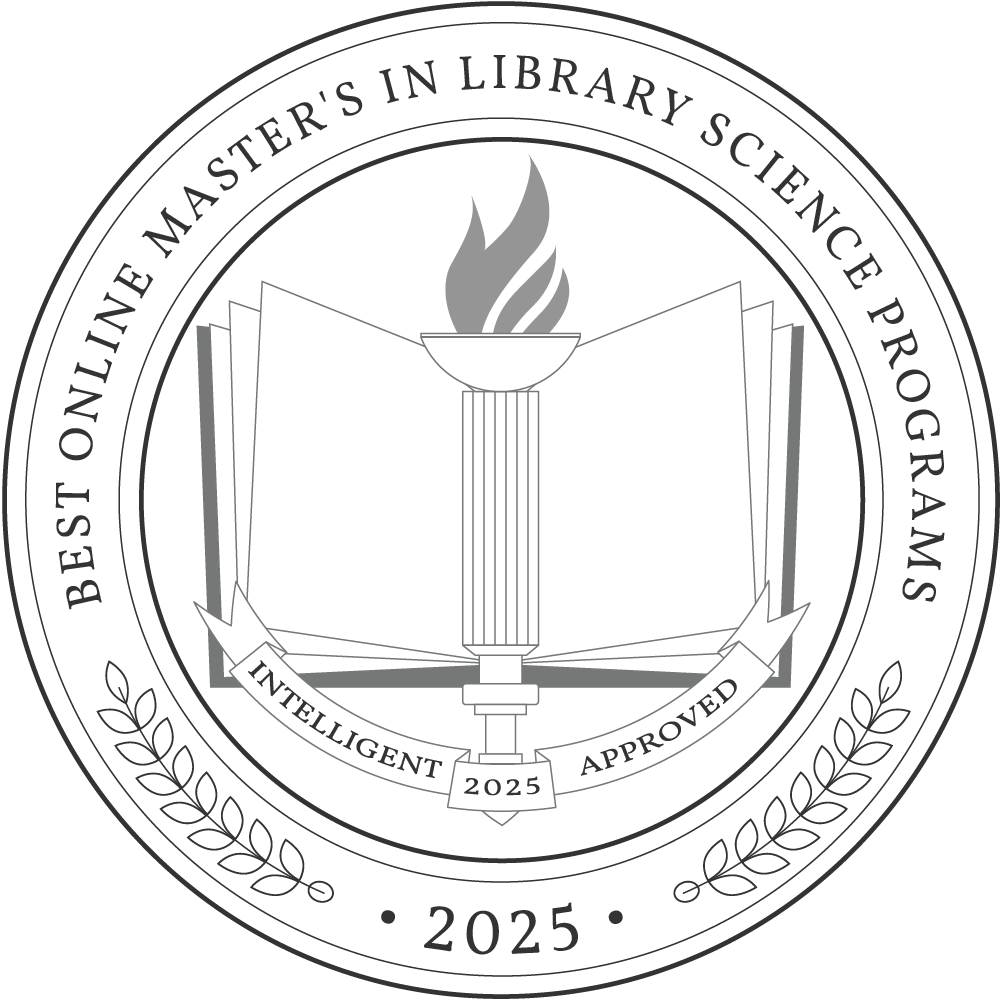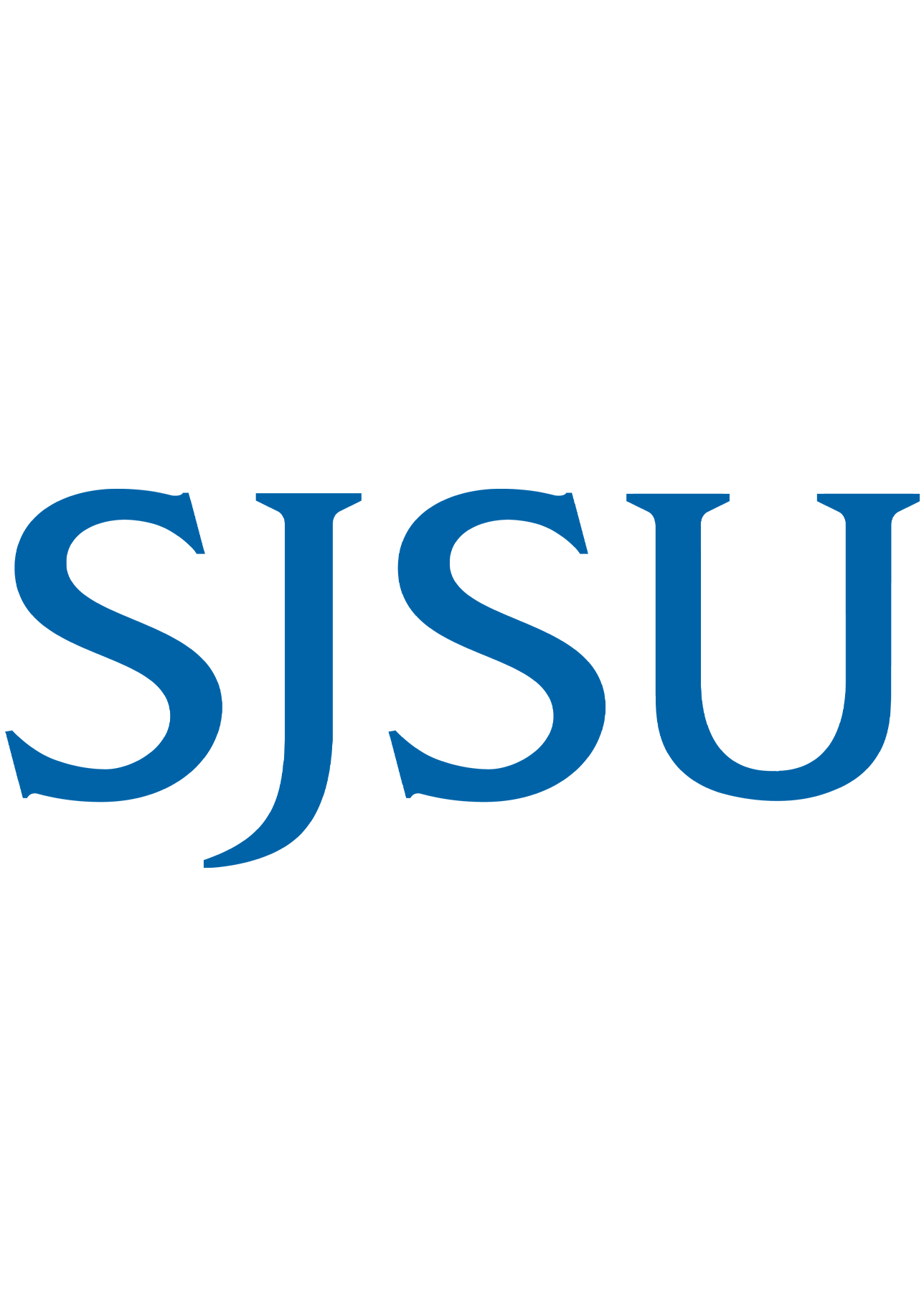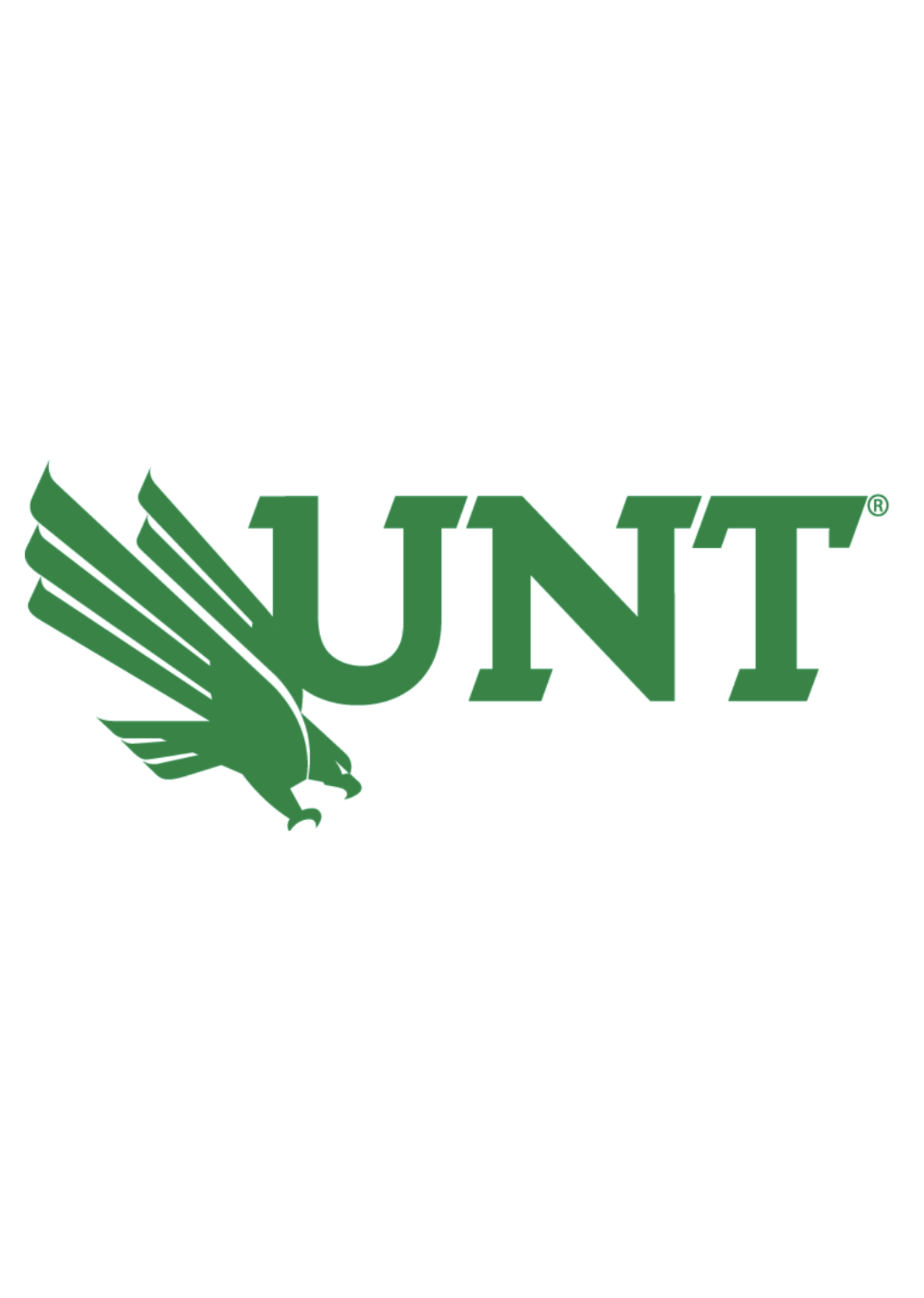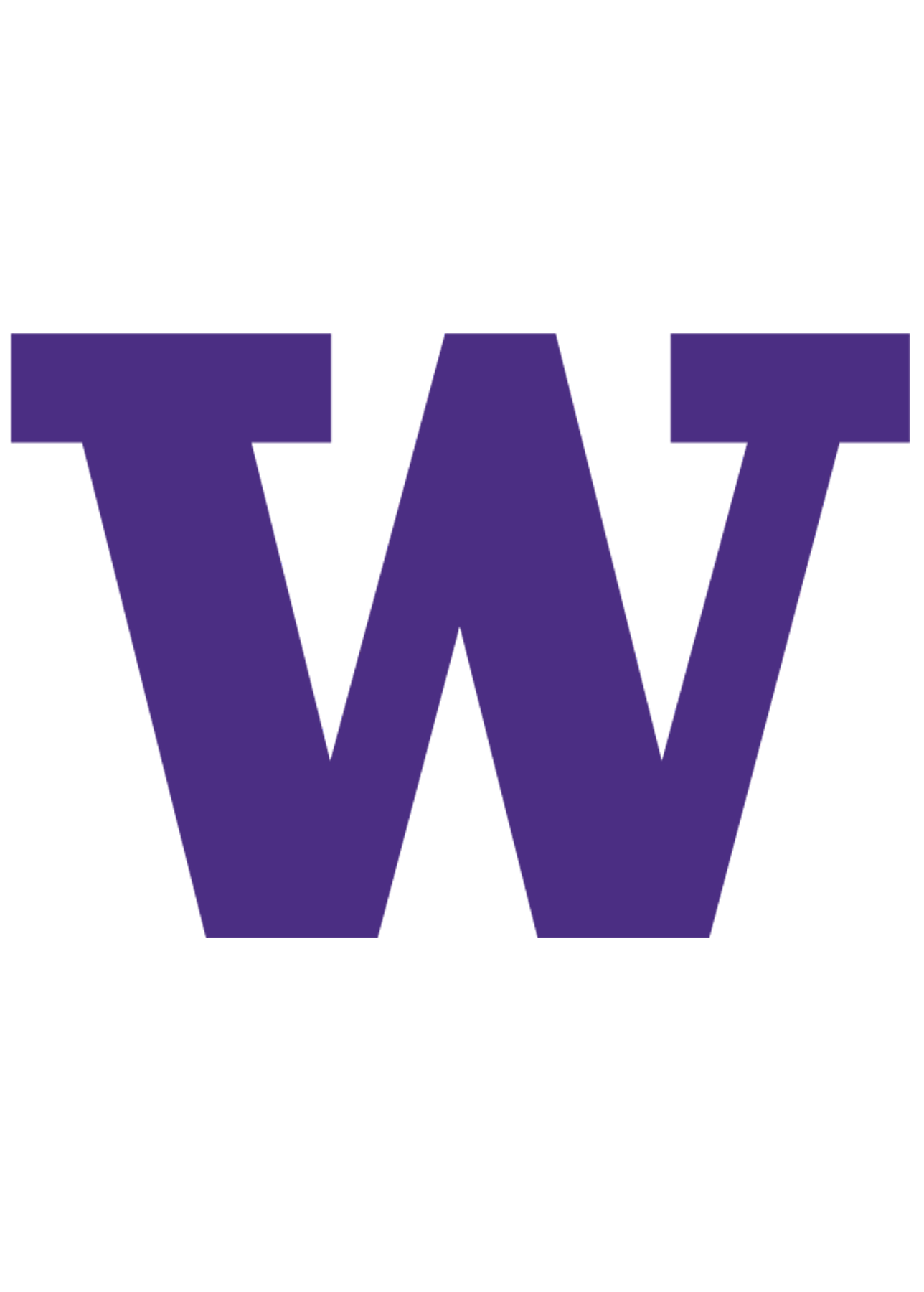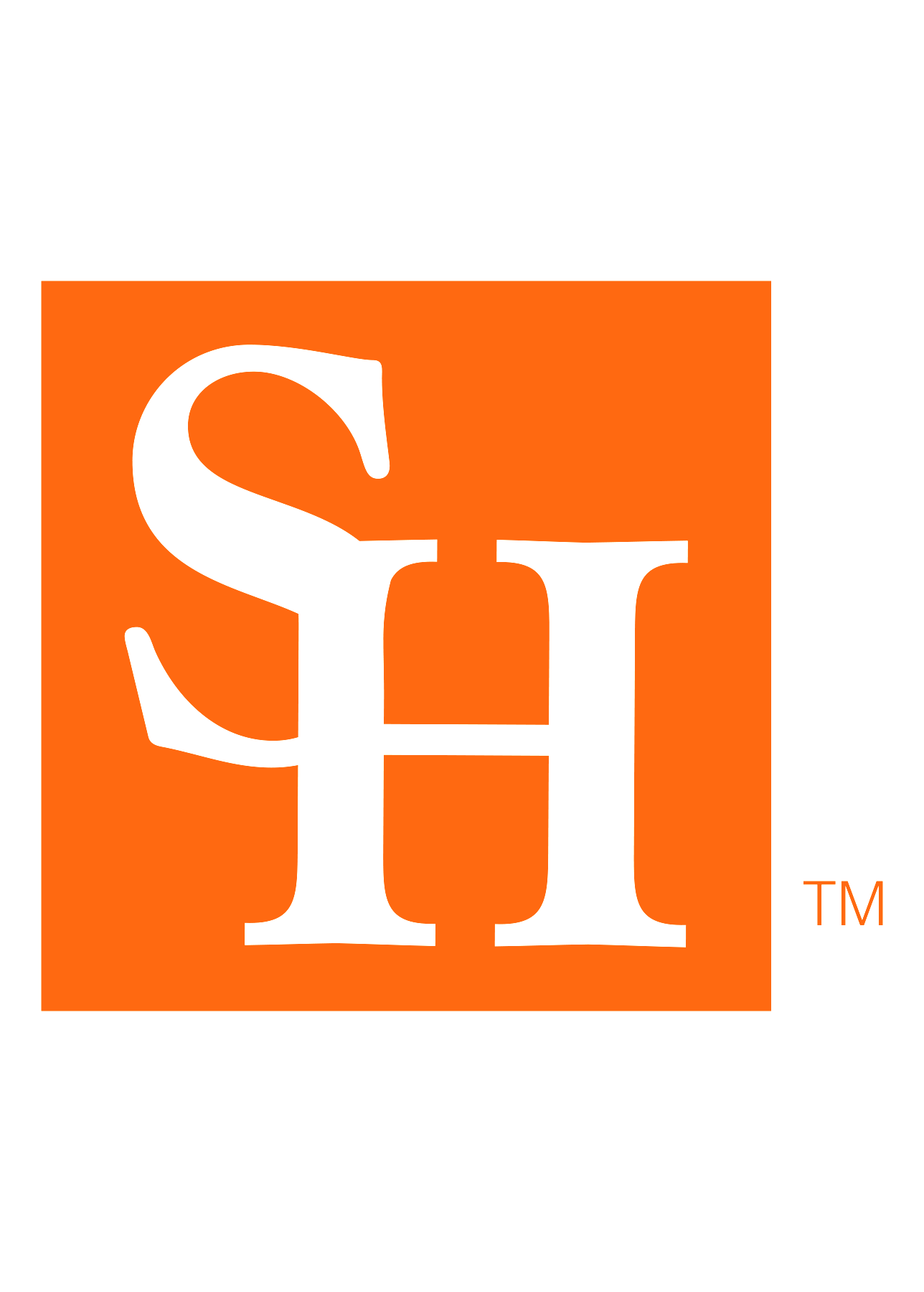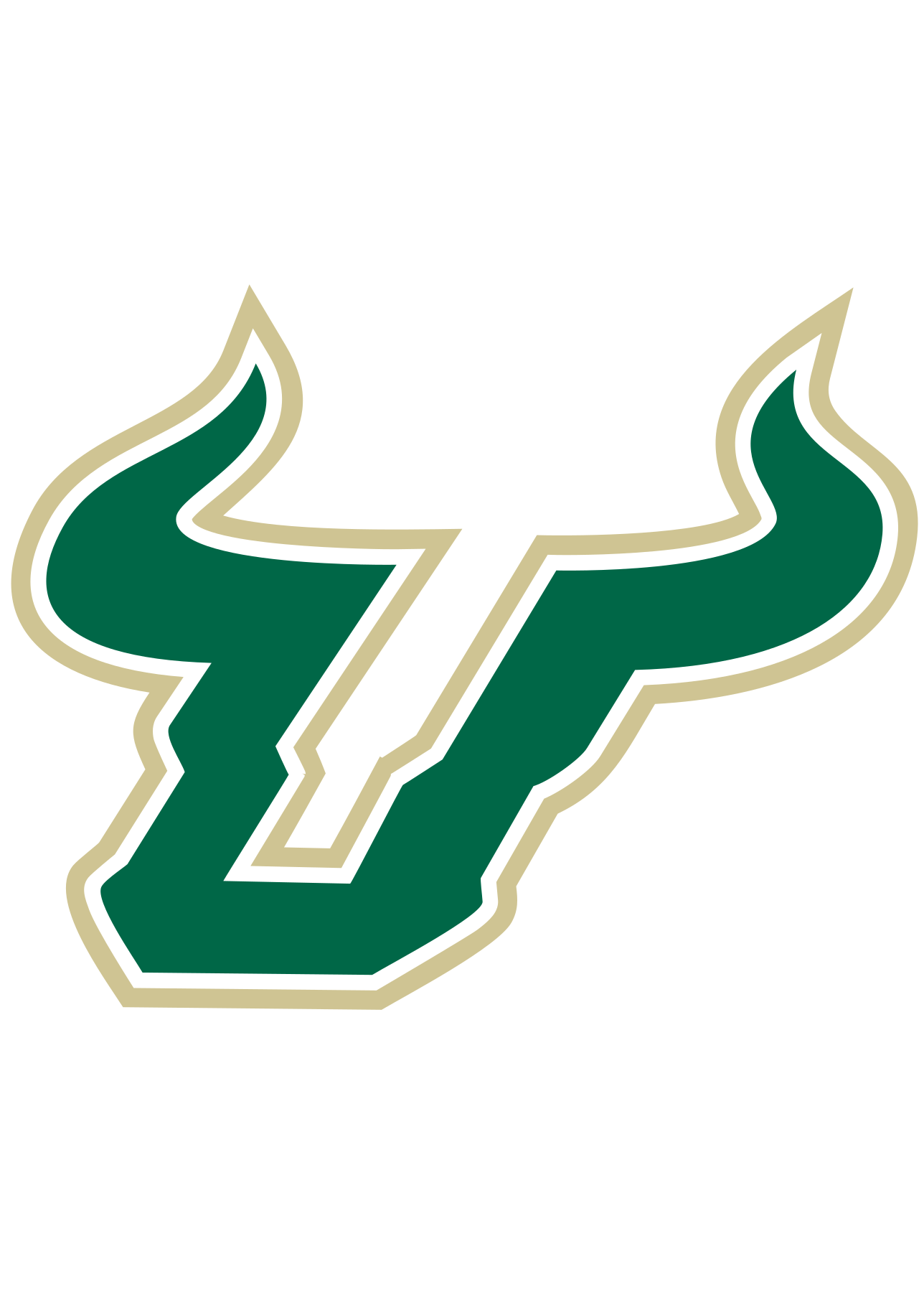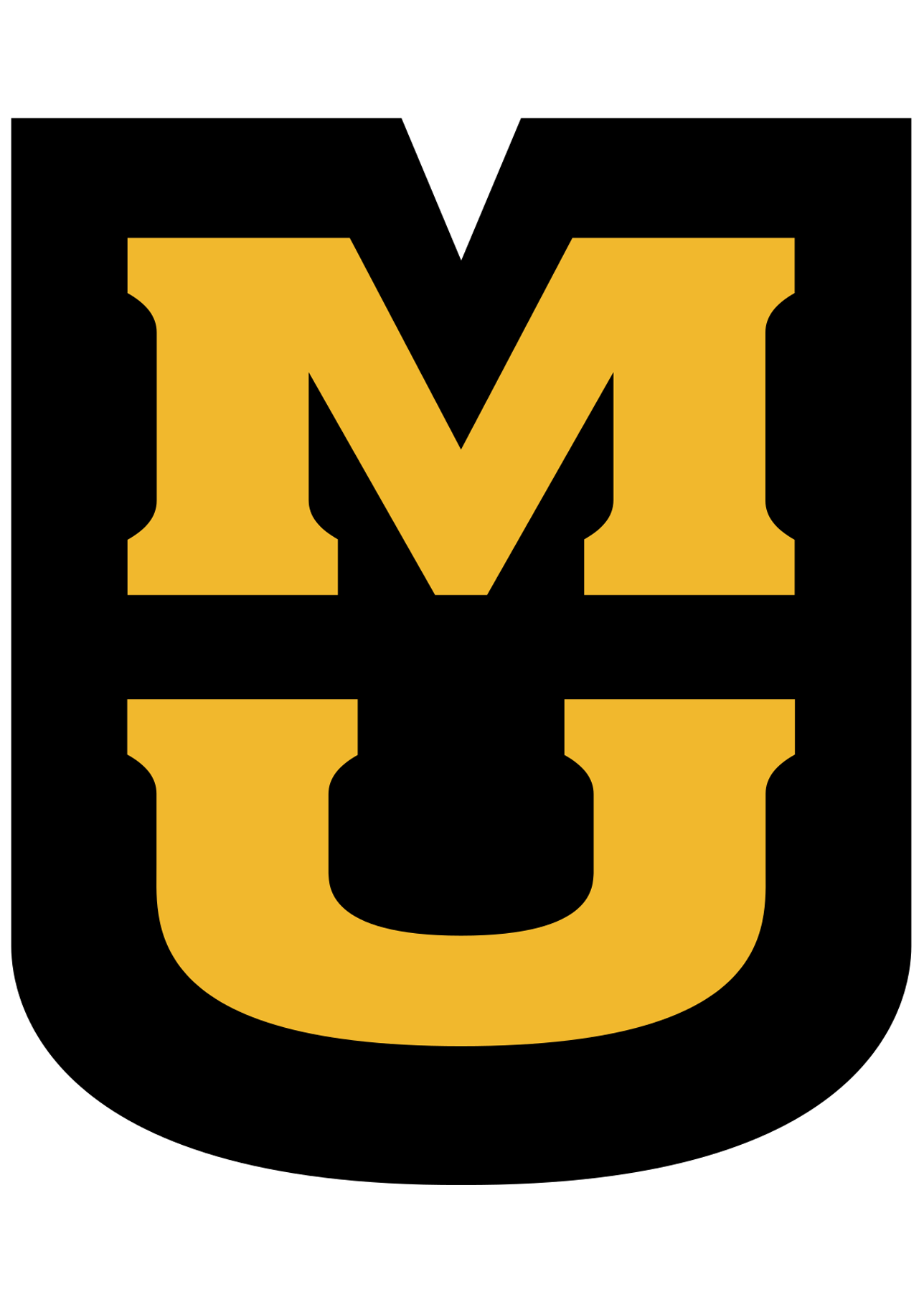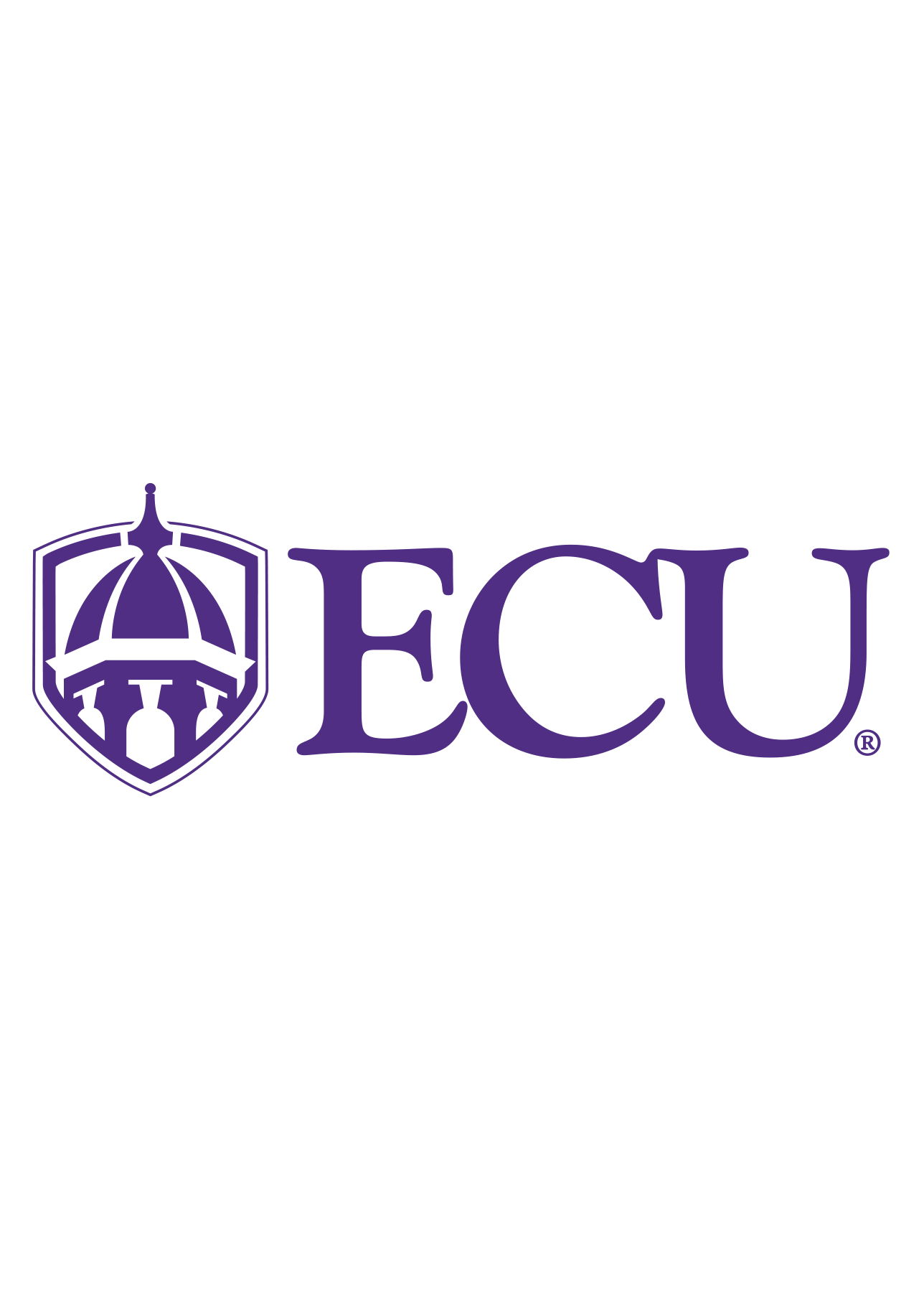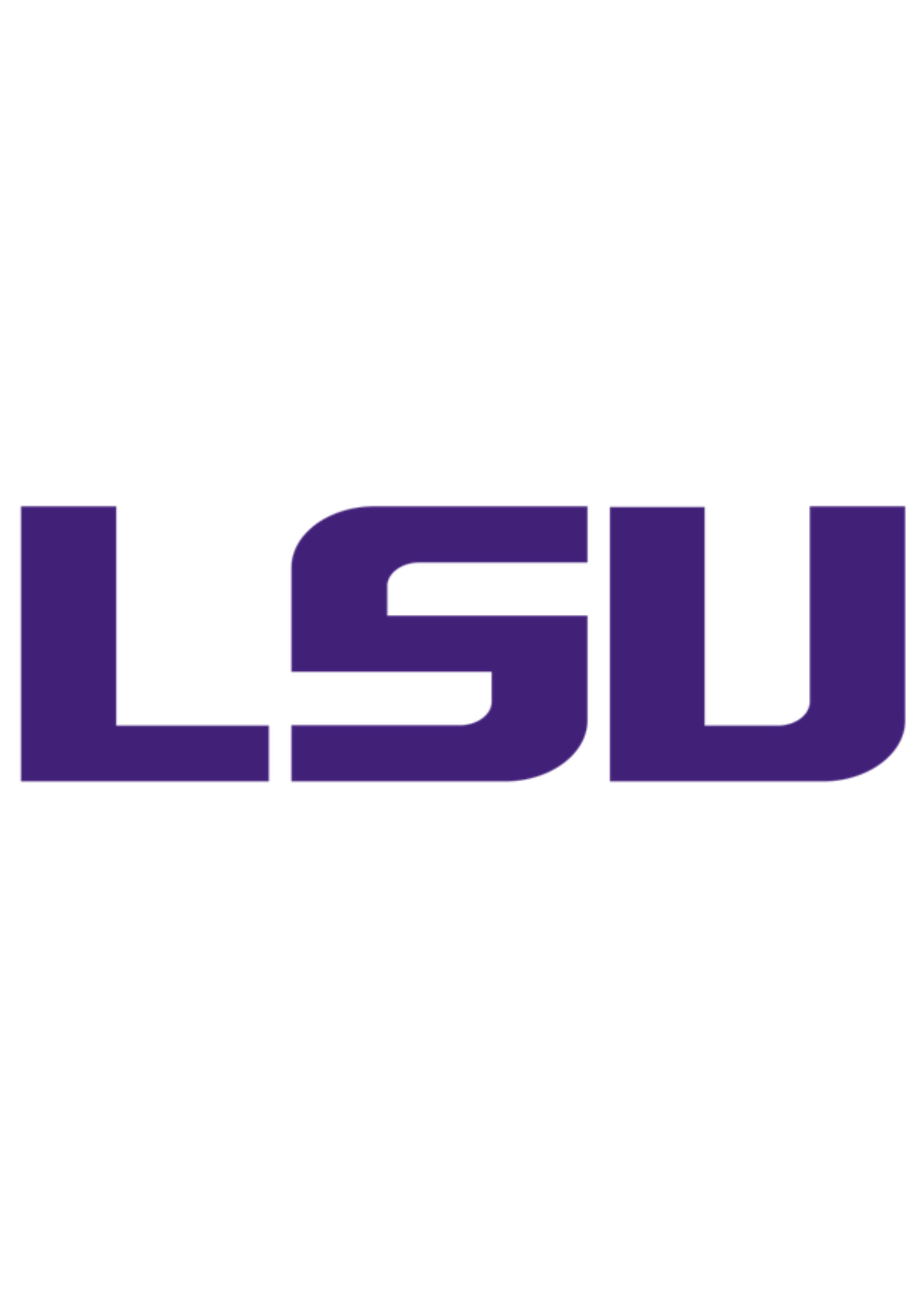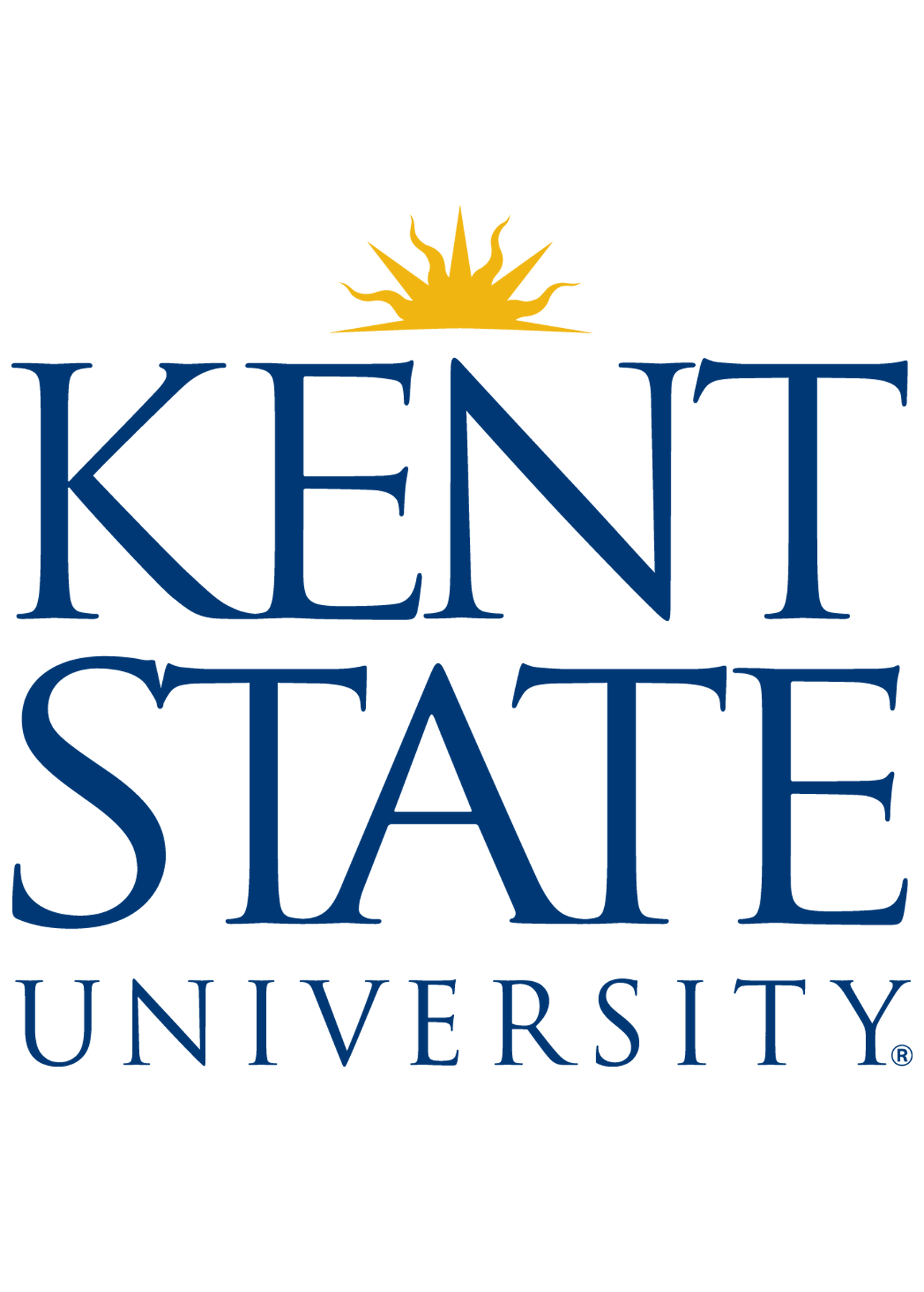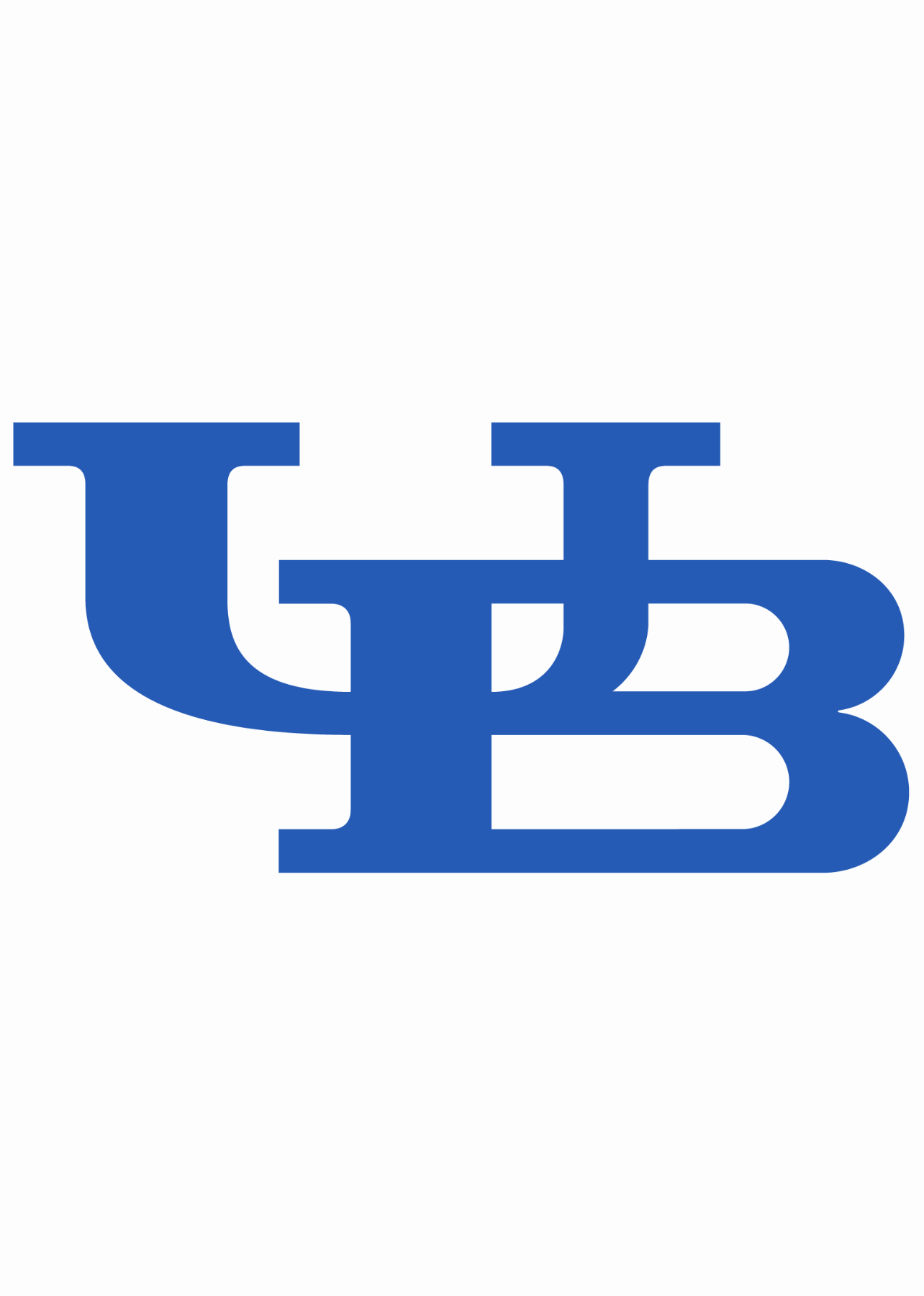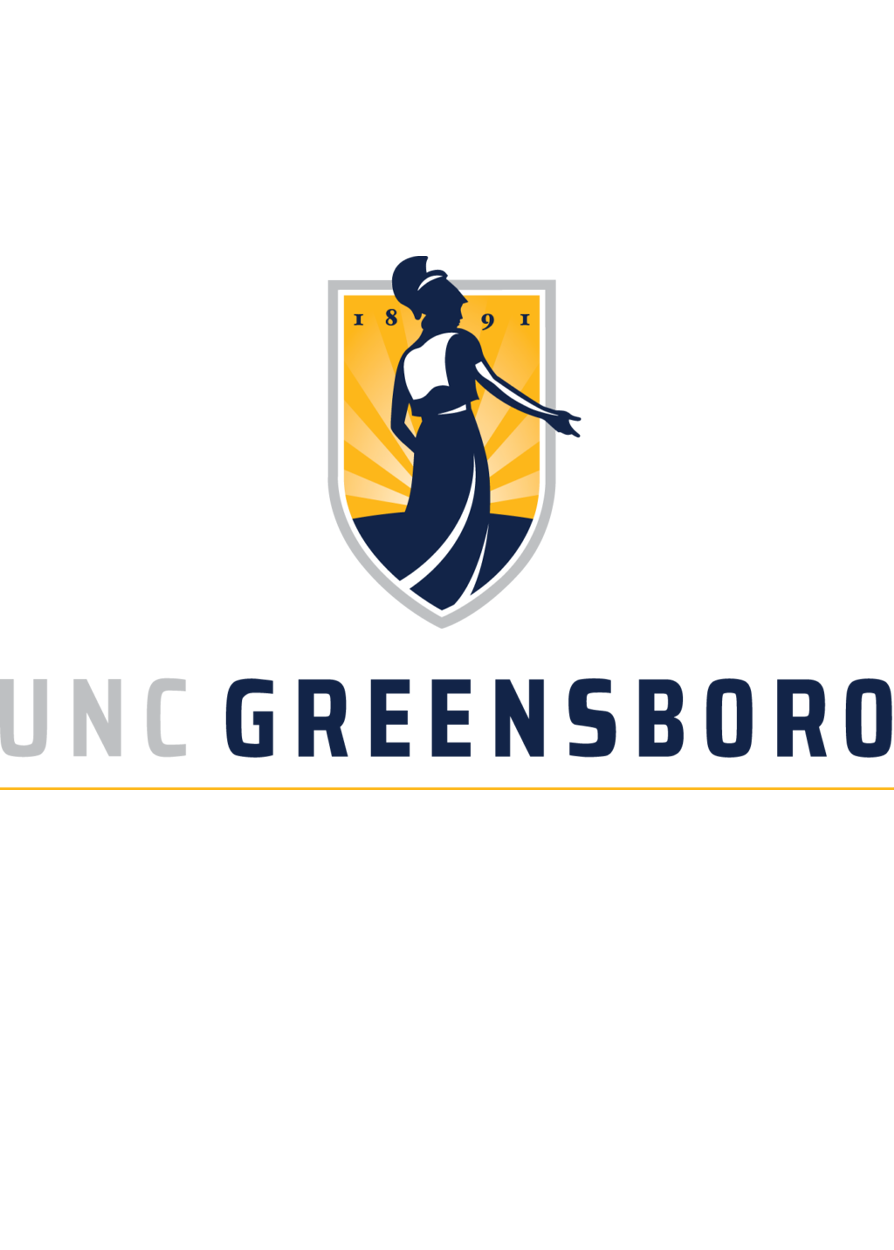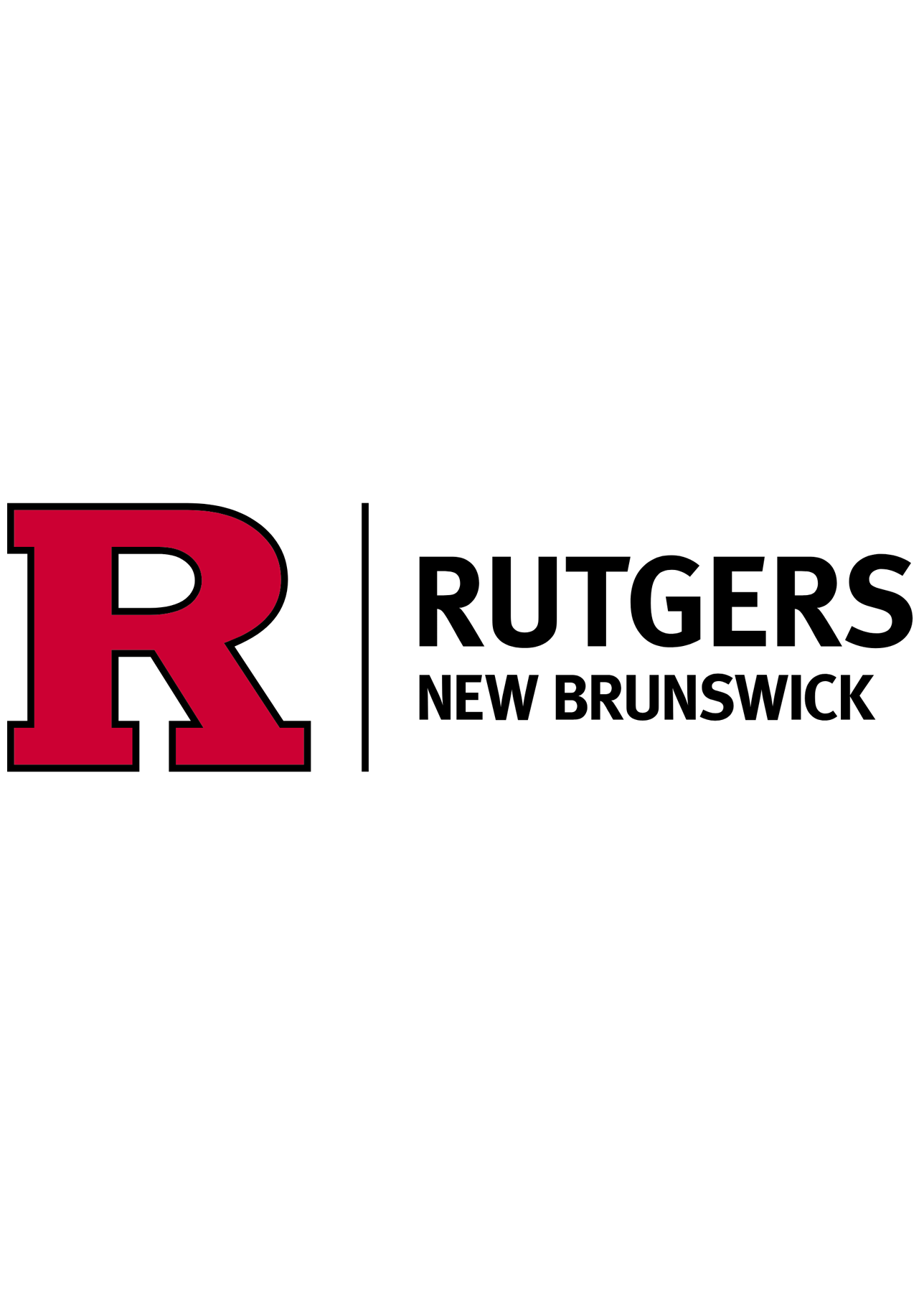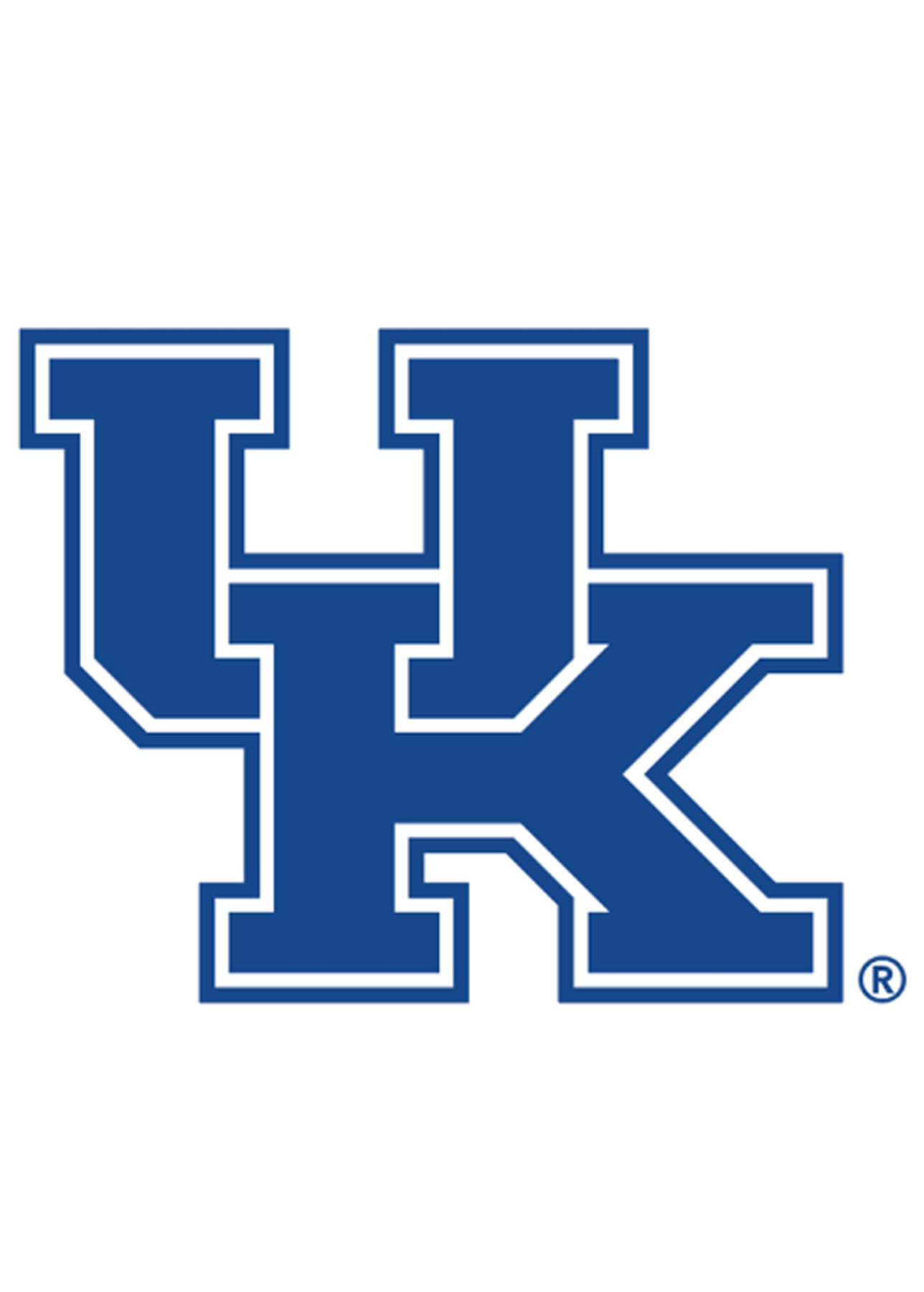How to Choose an Online Master’s in Library Science Program
Choose your area of study
This degree may be available as a Master of Science (MS), Master of Library Science (MLS), or Master of Library and Information Science (MLIS). Also, many programs will allow you to select a concentration and focus your studies on a particular niche in this field. Some of the most common concentration options include youth services, school librarianship, digital curation, and legal informatics.
Ask yourself questions like the following to help determine your area of study:
- In what environment do you want to work?
- What jobs do you want to perform?
- Do you want a leadership role?
- Which types of media do you prefer to oversee?
Once you have a better idea of what you would like to do after you graduate, look for programs that closely match these career goals.
“Begin by reflecting on your strengths, including areas of expertise, skills, and fields of knowledge,” Villagomez suggests. “List all your career interests and outline the types of work that spark your joy and excitement. Gaining clarity on your strengths and interests can help you find a graduate program and career track that are a good fit.”
Research schools and programs
Researching master’s in library science programs is good practice for your future career. Learn as much as possible about a program to see if it fits your lifestyle, values, and career goals. Look at program and university reviews, speak with former and current students and staff, and document the highlights and lowlights. Specific areas to research may include the following:
- Professor-student interactions and accessibility
- Student support services available
- Number of graduates who land jobs in their field
- Cost of the program and hidden fees
- Graduation requirements, such as internships and exams
You should only apply to institutions that have been approved by a DOE-recognized regional accrediting organization, such as the New England Commission of Higher Education or Northwest Commission on Colleges and Universities. These organizations evaluate schools to ensure they provide students with a high-quality education. Those who attend a school that isn’t regionally accredited may be unable to access financial aid or transfer credits to another institution if needed.
Ideally, your master’s in library science program will also be accredited by a respected industry group like the American Library Association. This programmatic accrediting organization has particularly high standards for library science education.
To learn more about any schools that you’re interested in, you can visit the school’s website, contact an admissions counselor, follow the school on social media, or attend an in-person or virtual open house.
Prepare for tests and applications
Preparation for a master’s in library science program must begin long before the courses start. Schools depend on deadlines for applications. For example, they may have application deadlines for financial aid, university admission, or program admission. If a program requires a passing score on a graduate entrance exam, plan to take the exam in advance, with enough time to get the scores before the application deadlines. The Graduate Record Exam (GRE) is a standard test used for admission.
The exact requirements vary by school and program, but most master’s in library science programs request for the following documents to be submitted with the application for admission:
- Transcripts
- Letters of recommendation
- Resume
- Personal statement
Before submitting an application, always contact an admissions counselor to ensure you have the most accurate information regarding requirements and deadlines. “Colleges are interested in admitting students who can demonstrate their potential to succeed, overcome challenges, and handle academically rigorous classes,” says Villagomez. “I recommend students meet with their school counselors to receive guidance on which coursework can best prepare them to become competitive candidates.”
Select your program
Once all the application materials are ready, submit them to your preferred programs. Be sure to consider the following factors:
- Application fees
- Tuition costs and financial aid
- Amount of work to complete outside of class
- Family responsibilities
- Work responsibilities
- Graduation and placement rates
Before making your final decision, review your needs and goals again. Do you plan to attend school full-time or part-time? Do you want your program to be as online as possible, or are you fine with a hybrid program that has a fair amount of in-person requirements? Some programs offer asynchronous courses, which can be completed at your own pace, while others only offer synchronous courses, which involve remotely attending lectures and completing assignments at the same time as other students — which of these two online learning formats do you prefer? Your school should accommodate your scheduling needs and learning preferences.
“Despite the different modalities, all online degree programs require high self-motivation, effective time management, and structured independent study,” says Villagomez. “I recommend students create a consistent routine by identifying their optimal hours for attending classes, completing coursework, and studying to stay on track with their deadlines.”
Determine how you will pay for your degree
People who think they cannot afford a master’s degree in library science may not know the many avenues for obtaining financial help. Fill out the Free Application for Federal Student Aid (FAFSA) each academic year to determine your eligibility for federally-funded grants and loans.
Your financing options may also include:
- Community or school scholarships
- Work-study programs
- Fellowships and assistantships
- Employer tuition assistance
Start your financial planning by contacting the school’s financial aid department. They can help you get started with the FAFSA and other programs created to help students pay for graduate degrees.
Next, we compared this comprehensive list of online PhD programs to a list of aggregated college rankings from reputable publications like the U.S. News & World Report among others to simplify a student’s college search. We pored through these rankings so students don’t have to.
What Can You Expect from an Online Master’s in Library Science Program?
Libraries play a vital role in sharing information and preserving media treasures. Therefore, the best master’s in library science programs teach students skills such as cataloging, researching, collecting, and archiving documents, films, videos, books, and more.
Some master’s-level programs require students to participate in library internships after completing core and elective coursework, which can take one to two years. Core subjects often include research, cataloging, and collection management. Examples of electives include digital collections, information resources, and administration.
Master’s degree programs in library science tend to require at least 36 credit hours. Typically, nine or more credit hours are assigned to the student’s thesis or portfolio project.
Students learn skills to help them succeed in a library science career, including adapting to technological changes, being digitally literate, managing resources, and organizing information.
Potential Courses You Will Take in an Online Master’s in Library Science Program
- Foundations in Information Technologies. This foundational course introduces students to the various technological resources they can use to be successful. Students get the opportunity to work on multiple projects using different technologies.
- Information Sources. This class teaches students how to provide patrons with the information they need through online, print, electronic, and other resources. Students will also learn to assess how well their services meet patrons’ needs and eliminate or replace services when necessary.
- Leadership in Library Science. This course covers the characteristics of successful leaders in a library setting. Students will learn how to improve their leadership skills and oversee library staff, volunteers, students, and community members.
- Multiculturalism in Libraries. Students learn how to assess the diverse needs of their community and provide multicultural learning experiences for everyone, giving all library patrons access to information in a format best suited for them. Students also learn how to access multicultural information and resources.
What Can You Do With an Online Master’s in Library Science?
Career outlook
The career outlook for individuals with an online master’s degree in library science is positive, reflecting the enduring importance of libraries and information management in the digital age.
Indeed, graduates with an online master’s in library science have a range of career paths to explore, extending beyond traditional library roles. Here are some common career paths for individuals with advanced education in library science:
- Librarian or library media specialist — Organize library materials and help patrons find resources and conduct research.
- Median annual salary: $64,370
- Projected employment growth (through 2032): 3%
- New job openings projected: 13,700 annually
- Archivist, curator, or museum worker — Archivists authenticate and preserve historical documents and objects, while curators and museum workers acquire, maintain, and prepare items for collections and exhibits.
- Median annual salary: $57,120
- Projected employment growth (through 2032): 10%
- New job openings projected: 5,000 annually
- Historian — Research, analyze, and write about historical figures, events, and movements.
- Median annual salary: $72,890
- Projected employment growth (through 2032): 3%
- New job openings projected: 300 annually
Online Master’s in Library Science Program Frequently Asked Questions
How do I apply to an online master's in library science program?
Application details should be verified by contacting the university’s admissions department and speaking with an admissions counselor. While most online master’s in library science programs provide detailed information on their website, talking with someone via phone or video is still a good idea.
You will likely find that every master’s degree program differs slightly in its application requirements. However, some items seem to be consistent among programs, including the following:
- GRE test scores
- Completed application
- Letters of recommendation
- Transcripts showing completion of a bachelor’s degree and GPA
- Resume
Application deadlines may also differ, so you must stay organized.
How much does an online master's in library science program cost?
The average annual tuition for a graduate degree program is $12,596 at public institutions and $28,017 at private institutions.
Of course, base tuition rates are not the only costs to consider. The time you must spend away from a job to complete your education is money you can’t earn. Expenses like childcare also count. Online programs often add fees to their base tuition. Fees for online resources, student services, and technology are a few examples.
How long does it take to earn an online master's degree in library science?
Many of the best online master’s in library science programs require between 30 and 40 credit hours to graduate. Those credits include core curriculum, electives, internships, and a final thesis or project. Most schools design their master’s program to be completed within two years for full-time students. Some provide accelerated programs, allowing you to earn your degree in just one year or 18 months.
The time it takes you to complete those requirements may differ from the time it takes other students. Family, work, and social activities may extend your time to graduate. Online master’s degree programs offer more flexibility than on-campus programs, which can help you meet your graduation goals.
Is an online master's in library science worth it?
Earning an online master’s degree in library science offers several advantages. Librarians with a master’s degree typically have better job prospects. The median annual wage is also higher for those with advanced degrees.
These programs typically equip graduates with a comprehensive understanding of library science, information organization, and emerging technologies. It prepares them for various roles, including digital services librarians, data curators, and information architects. Additionally, online master’s programs offer networking opportunities, connecting students with professionals in the field and fostering collaboration.
For individuals passionate about information management, knowledge organization, and the evolving role of libraries in the digital era, an online master’s in library science offers a flexible and valuable pathway.
Read More about Online Master’s in Library Science Degrees
